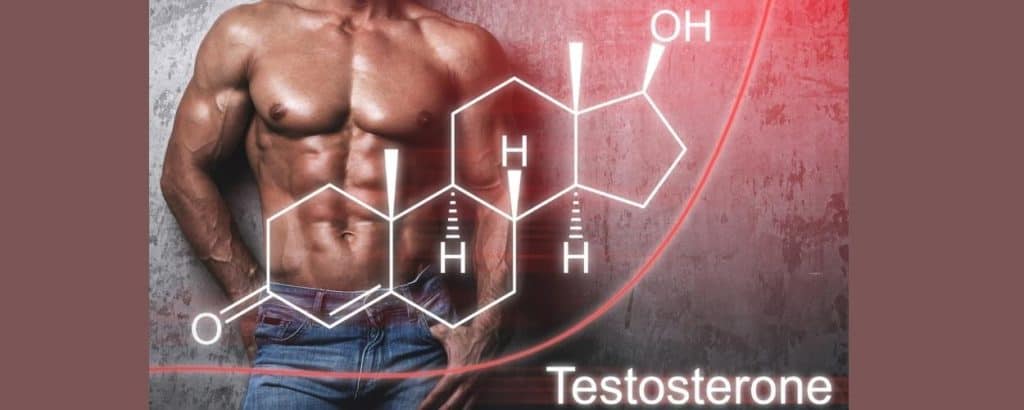When examining the cost-effectiveness of testosterone replacement therapy, it is important to consider the long-term benefits and costs associated with this type of treatment. Testosterone replacement therapy is a popular form of hormone replacement therapy. It has been used to treat various medical conditions, including hypogonadism, andropause, and other issues related to low testosterone levels. The potential benefits of testosterone replacement therapy include increased energy levels, improved mood, sexual functioning, and enhanced muscle strength and size. However, it is also important to consider the potential costs associated with testosterone replacement therapy, including the cost of the medication, potential side effects, and potential long-term health risks. While the potential benefits of testosterone replacement therapy may outweigh the costs, it is important to carefully weigh the risks and benefits before beginning any hormone replacement therapy in the long run.
Convenience matters. Your treatment may require estrogen blockers or blood donation, which are common side effects of HRT, and we handle those at the clinic as much as possible, which saves you both time and money.
Finally, remember that your provider is human. Being cordial and friendly will put you both at ease and open for honest communication. Your ability to talk about effectively treating low testosterone symptoms can help create a partnership as opposed to a paternalistic relationship.




